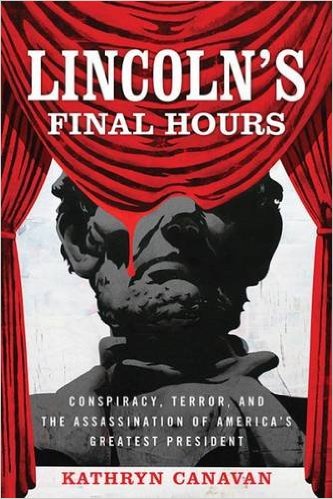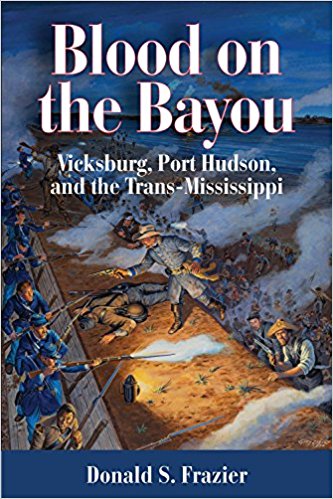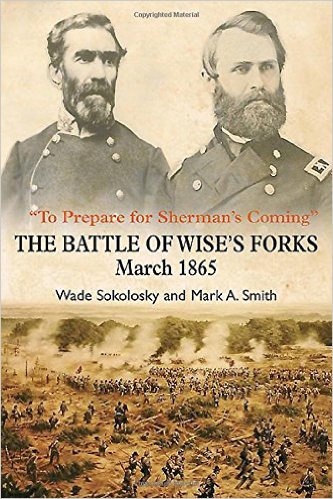Whisperwood’s protagonist, Private Anderson Flowers, is based on stories passed down about author Van Temple’s great-grandfather, who shouldered a musket on behalf of the Confederacy in the 20th Mississippi. Narrated from Flower’s perspective, Temple’s novel carries its reader through the experiences of a Confederate enlisted man who joined in 1861, suffered defeat in battle in Tennessee, and experienced captivity in Illinois in 1862—only to escape back to the South and participate in the final defense of the Confederacy in its dying breaths.
The novel focuses most intensely on Flowers’ private suffering, expressed through his frequent letters. He often misses home and is caught in a constant struggle to control his fear and find meaning in the horrors that war has brought before his eyes. He is haunted by the death of friends, and driven by a yearning to return home to his family and his love interest—a woman named Mary Ann.
For a historian, this novel presents an illuminating exploration of Southern memory about the Civil War. Temple seeks to bring the reader into the mind of his fictionalized ancestor, but also unintentionally invites the historian into the process by which white southerners crafted memories of their veteran relatives through the generational passing down of stories and mementos. The novel’s protagonist blithely sidesteps the era’s central and pressing political and racial zeitgeist. For the historical enlisted men who served the Confederate armies, escaping the issue of race would not have been so easy.
Indeed, the issue permeated all around them. Confederate troops confronted Black soldiers who defied Southern racial mythology, taking agency in their fight for freedom and enlisting in the Union armies and navies. In every Southern state, there were white southerners who rejected the Confederate cause; questions of slavery, honor, and Union laid at the heart of those decisions.
Southern soldiers wrote home about their hardships but, as James McPherson and others have shown, some also wrote home about slavery and “the cause.” Those who did were overwhelmingly supportive of both. The fear and contempt with which Southern soldiers regarded their “Yankee aggressors” was inextricably linked to Southern fears of what Lincoln’s Union and the northern armies represented: a force that threatened to level the Southern social and political order by emancipating slaves.
Private Flowers never considers these issues. Rather, the author’s intense focus on Flowers’ personal emotional struggles invites the historically minded reader to explore how memories are constructed. Confederate veterans who survived the war found meaning in their experiences and crafted personal histories. What they chose to pass onto their families is no less significant than what they chose to leave in the past.
As the life of Van Temple’s paternal great-grandfather passed in memory from each generation onto the next, and eventually into the life of Whisperwood’s fictional protagonist, the deeper questions of what exactly Flowers fought for faded away. What comes forward instead is the valor and courage of a soldier struggling to survive in the midst of war far larger than himself.
Aaron David Hyams, Ph.D., is a Visiting Assistant Professor of History at Sam Houston State University.





